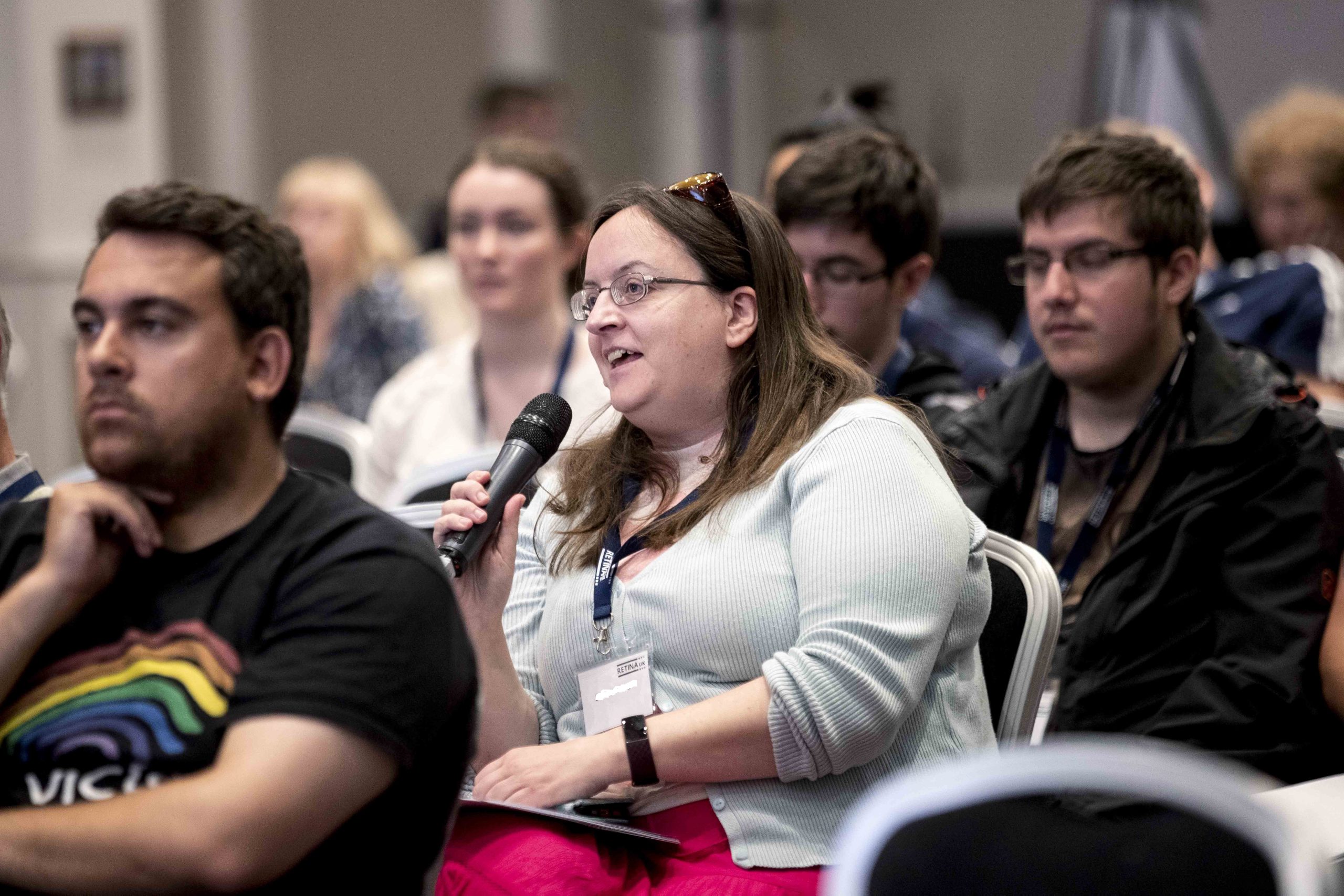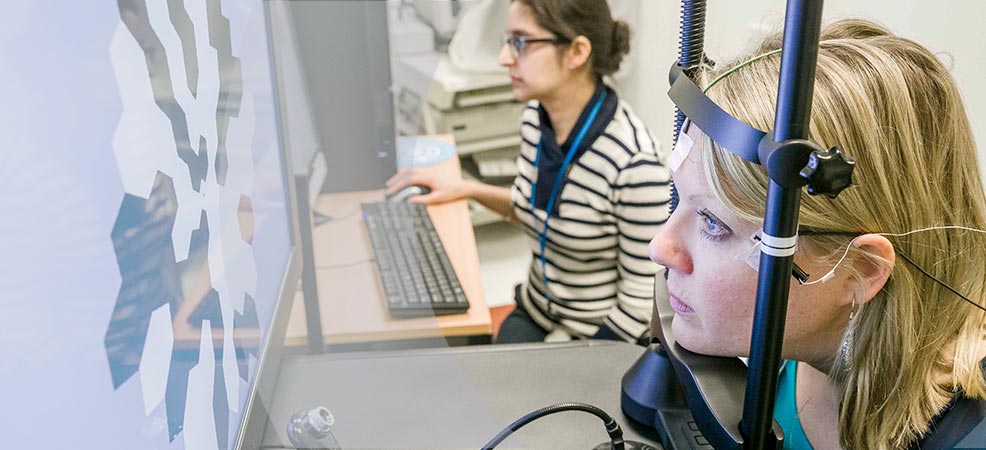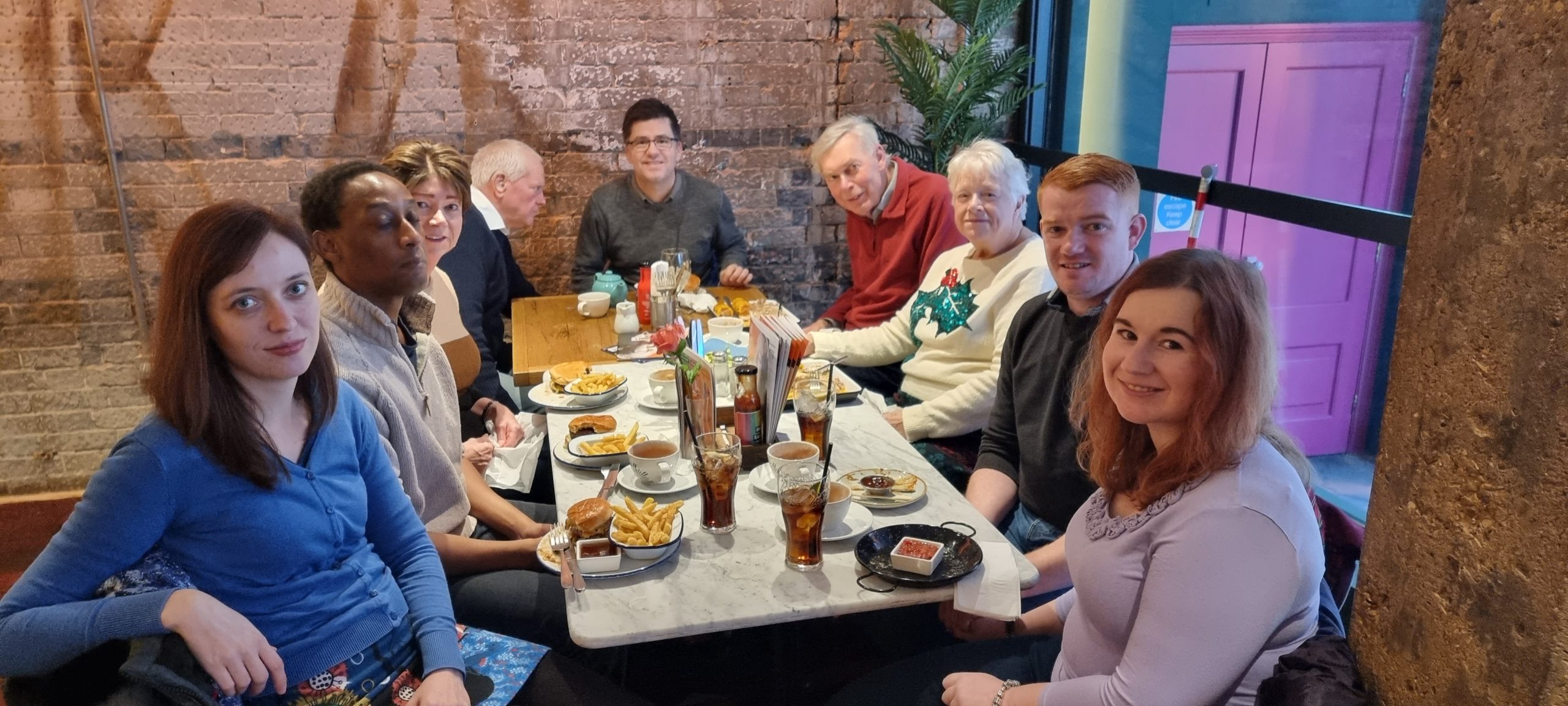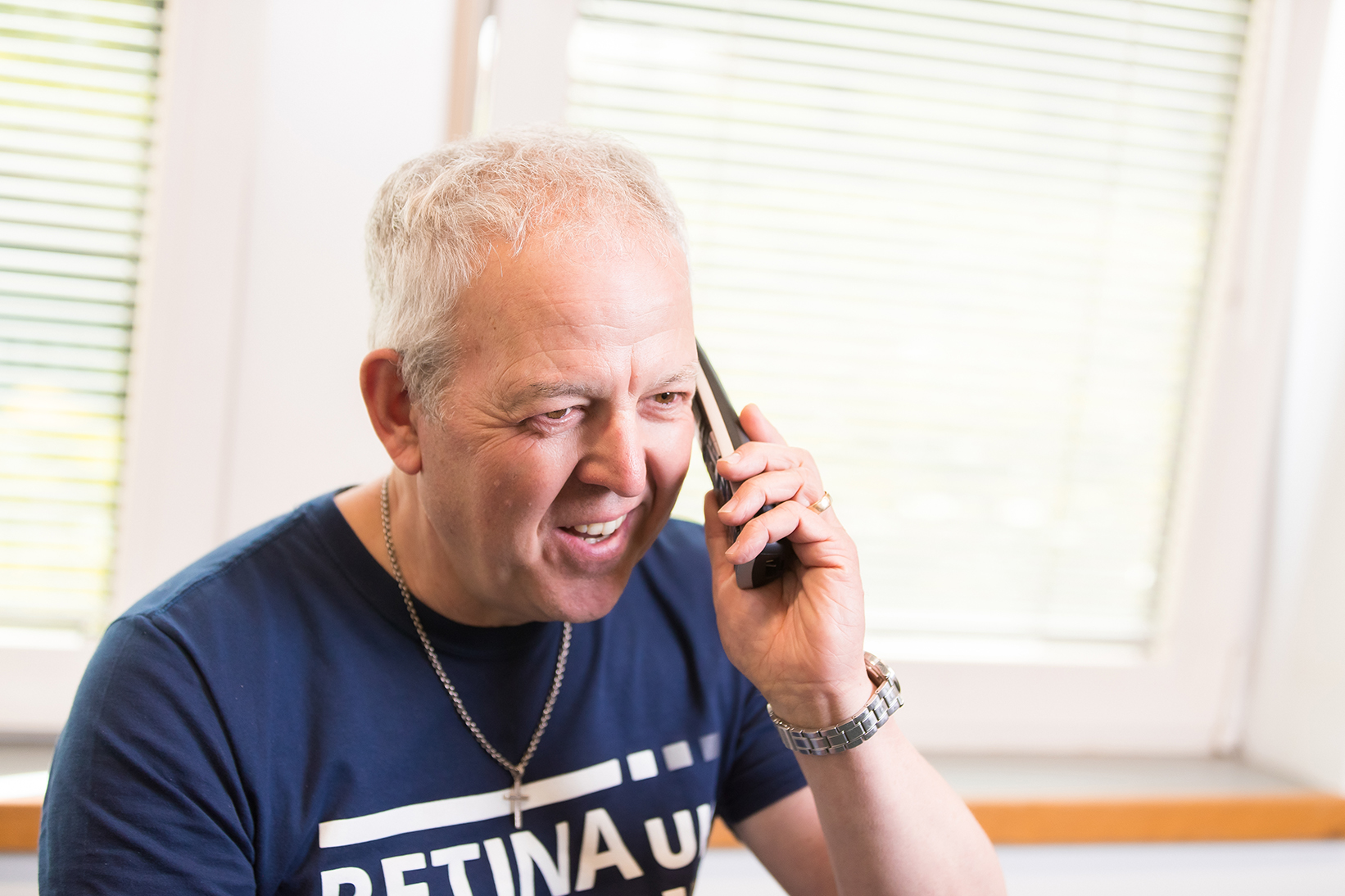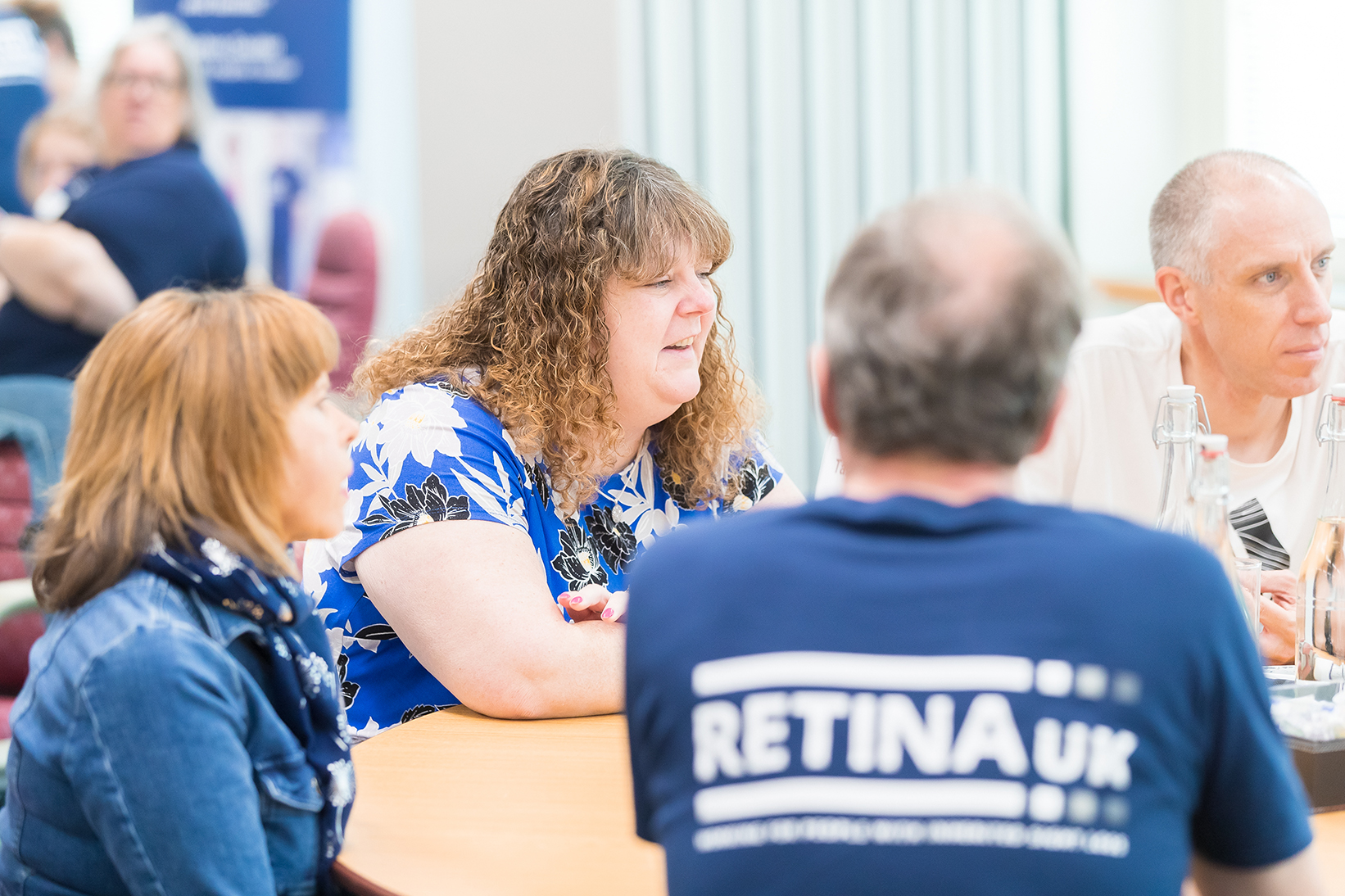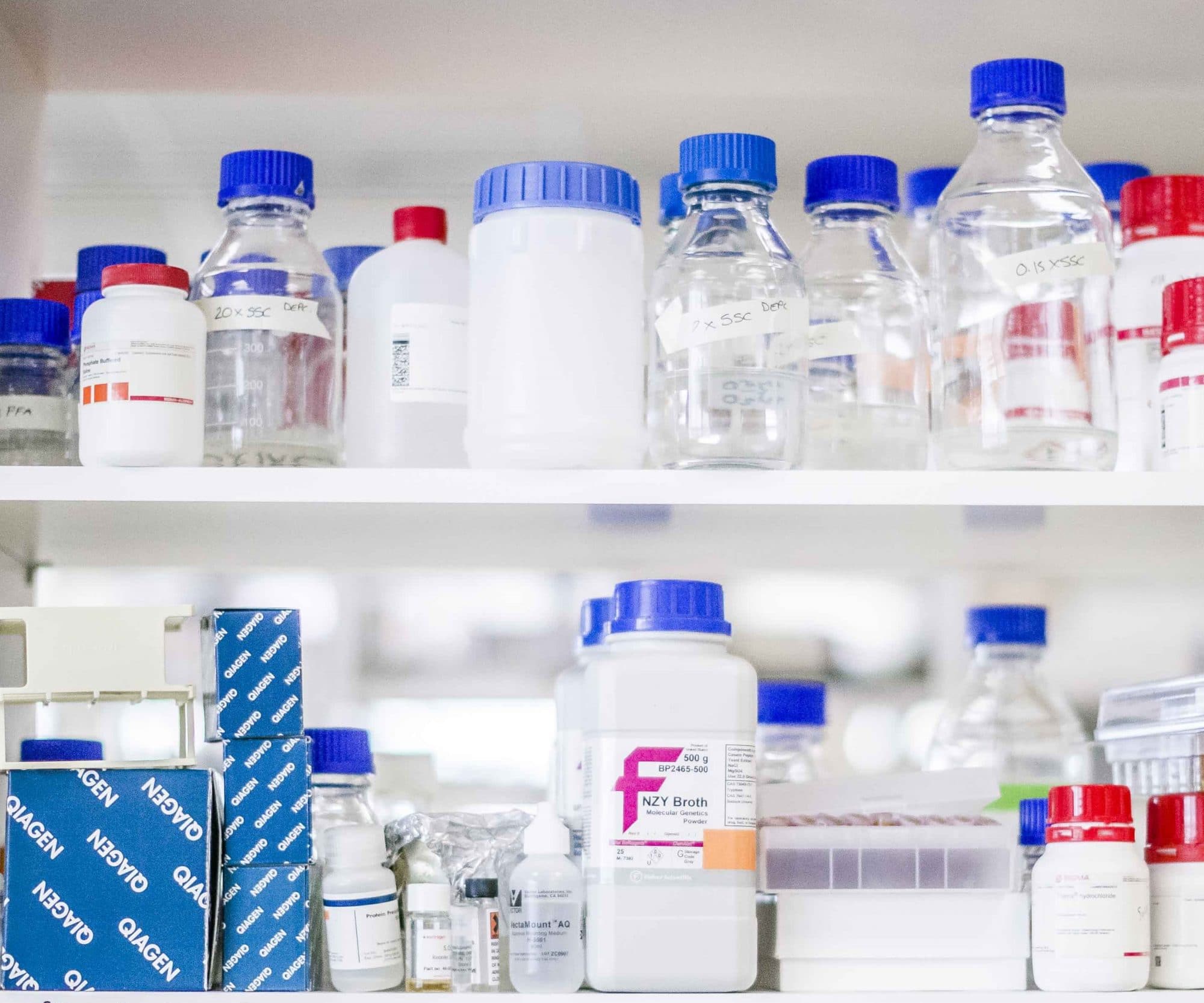The condition affects the retina, the light-sensitive tissue that lines the back of the eye, where blood vessels are prevented from forming at the edge of the retina which reduces the blood supply.
Symptoms
The signs and symptoms of FEVR include vision loss or blindness, retinal detachment, crossed eyes (strabismus) and visible whiteness (leukocoria) in the normally black pupil. The severity of FEVR varies widely, even within the same family for instance, many people with this condition do not experience any vision problems.
Cause
FEVR has different inheritance patterns depending on the gene involved. Most individuals have the autosomal dominant form of this condition, caused by mutations in the FZD4 or LRP5 gene. Autosomal dominant inheritance means that only one copy of a person’s gene must be faulty for the condition to occur. FEVR caused by mutations in the LRP5 gene can also have an autosomal recessive inheritance pattern, meaning that both a person’s copies of the gene must be faulty for the condition to occur. Additionally, the condition can also be caused by mutations in NDP gene, which has an X-linked pattern of inheritance. X-linked inheritance is where the faulty gene is on the X chromosome (sex chromosome). X-linked conditions affect men far more frequently then women. Find out more at RetinaUK.org.uk/genetics/inheritance-patterns.
Treatment
Early or mild (stage 1) FEVR without leaking blood vessels (exudation) is generally managed by observation without treatment. If there is blood vessel leakage in (stage 2) FEVR or higher, laser treatment of areas of the retina without normal blood vessels is recommended.
For more advanced stages 3, 4 and 5, surgery can be performed to remove or interrupt scar tissue and release traction. This encourages reattachment of the retina, which can stabilize or improve vision
Once stable, individuals with FEVR are usually followed every 6 months with examination and fluorescein angiography—more often if the disease is active. FEVR is a lifelong disease. Reactivation can occur at any time.
For support
Retina UK welcomes families affected by FEVR to its community. The Retina UK Helpline provides information, support and signposting for people affected by inherited sight loss as well as healthcare and education professionals.
Contact 0300 111 4000 (9.00am – 5.00pm Monday to Friday and Tuesday and Thursday evenings 5.00pm – 8.00pm) or email [email protected].


